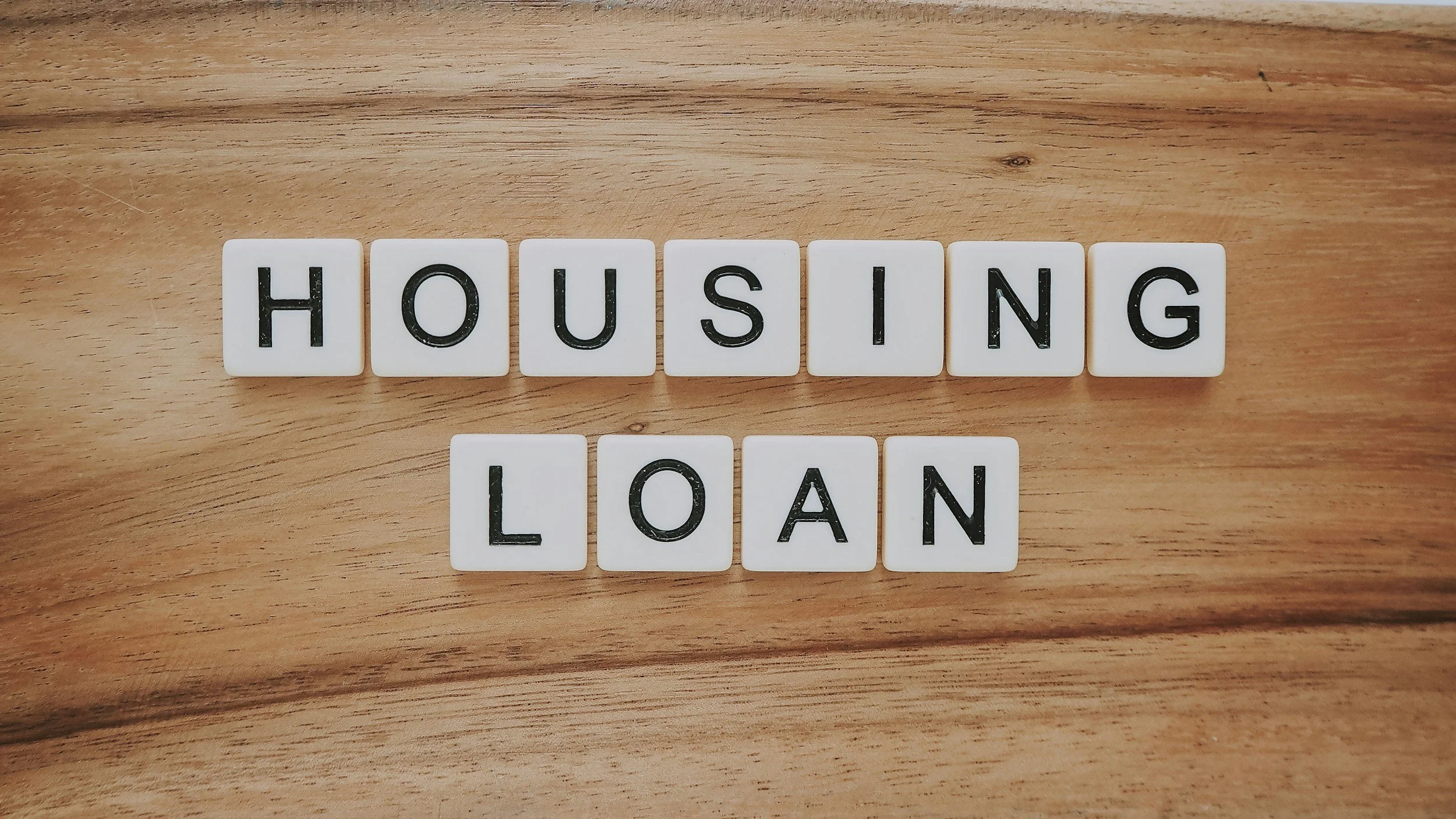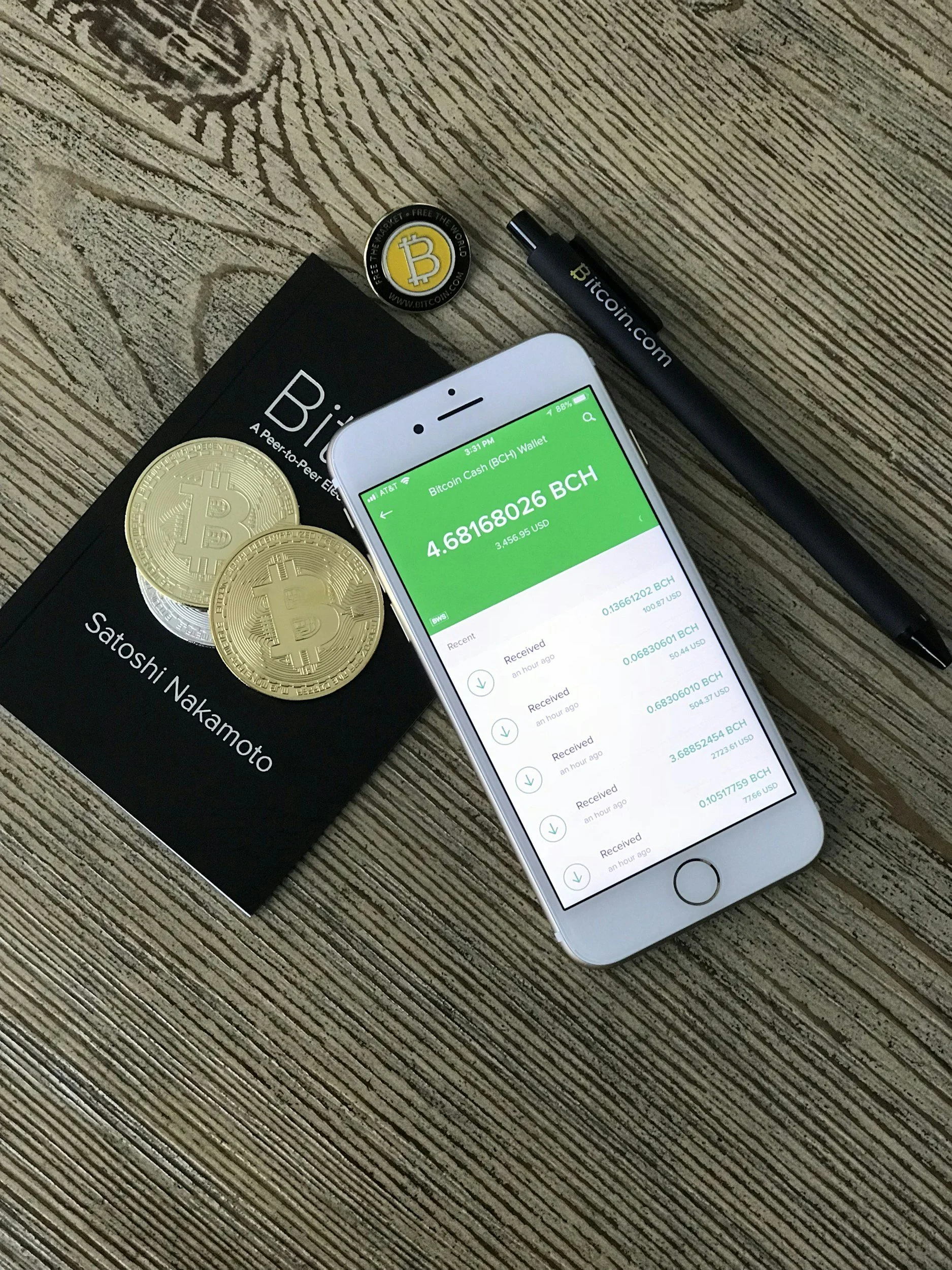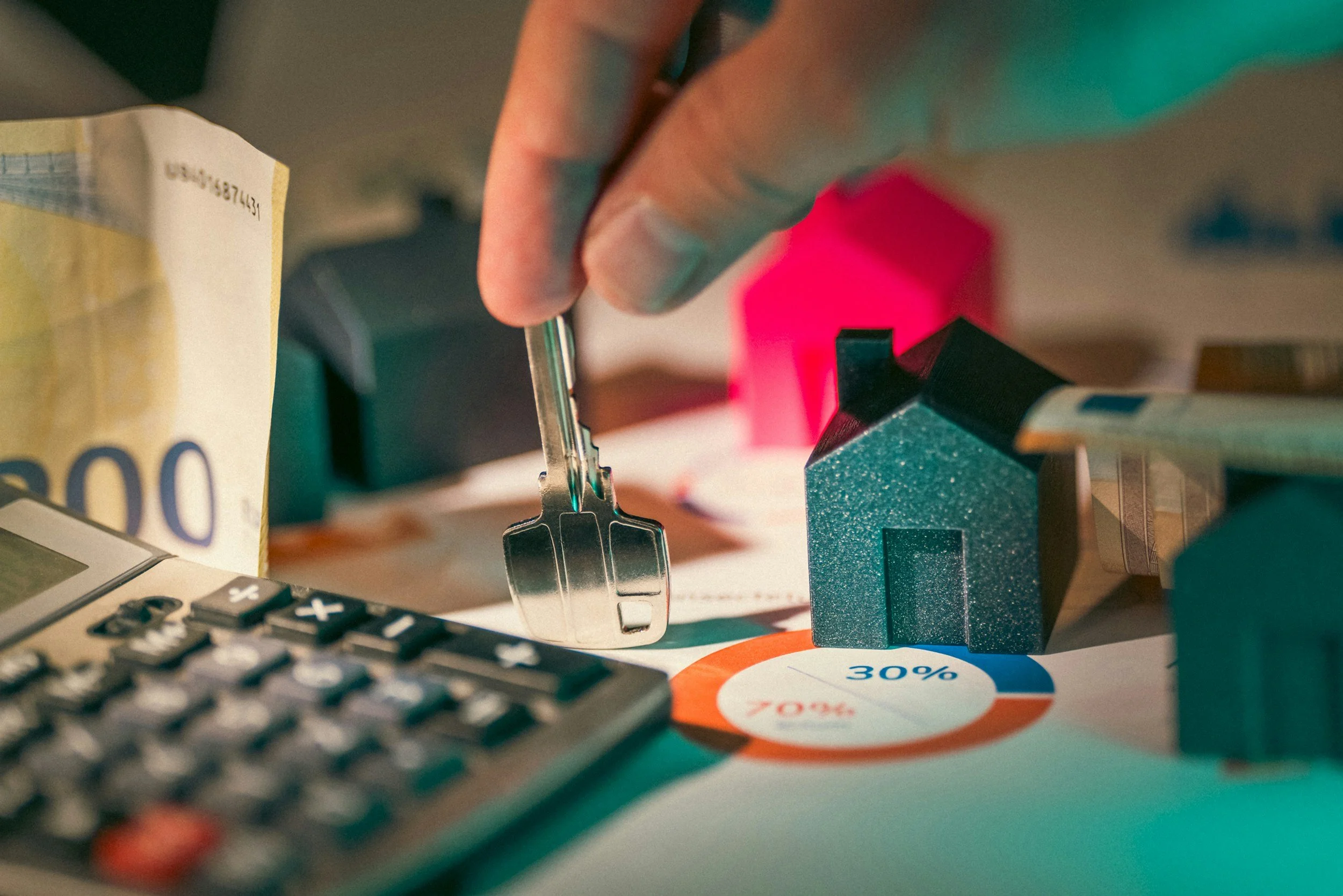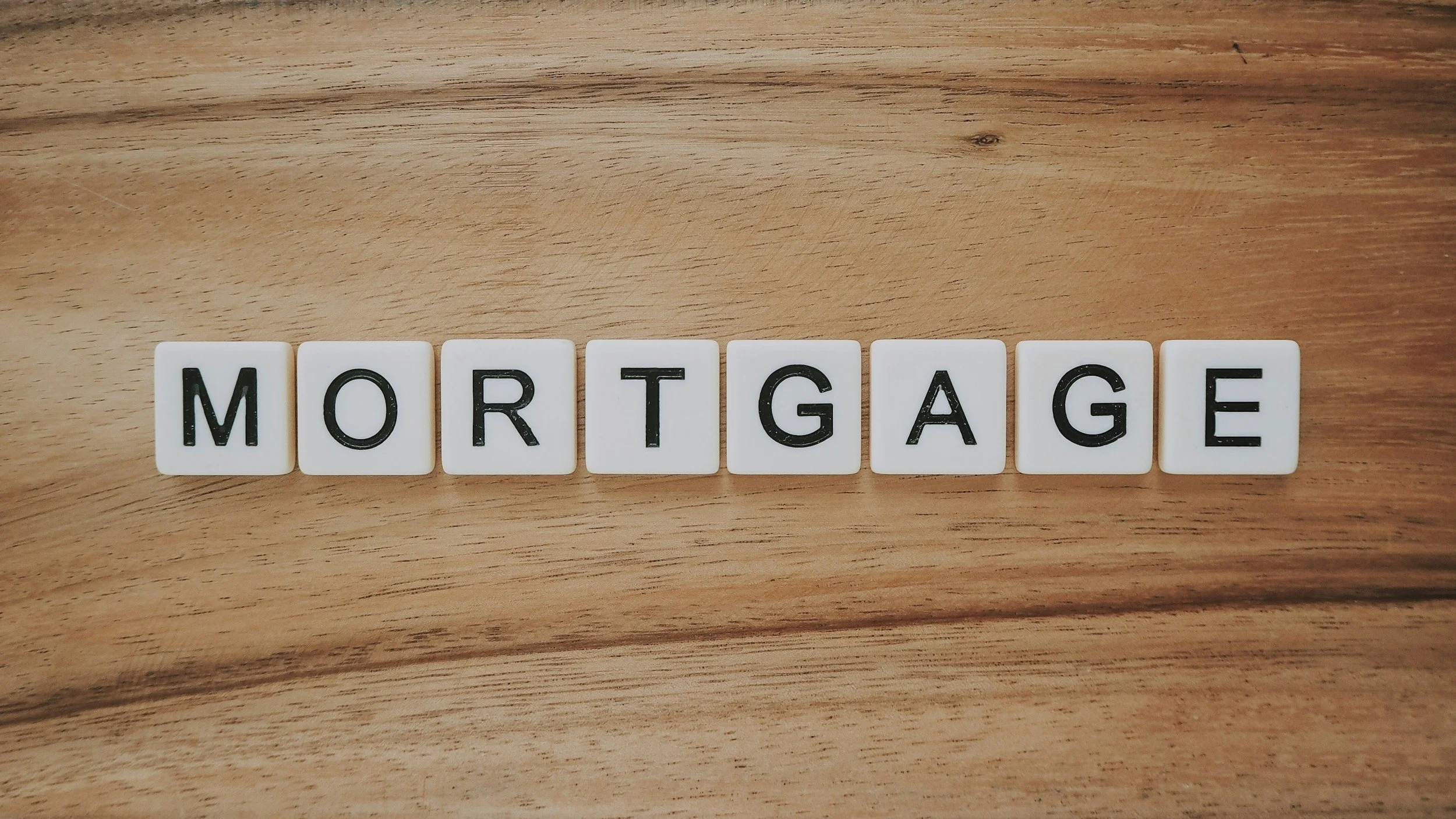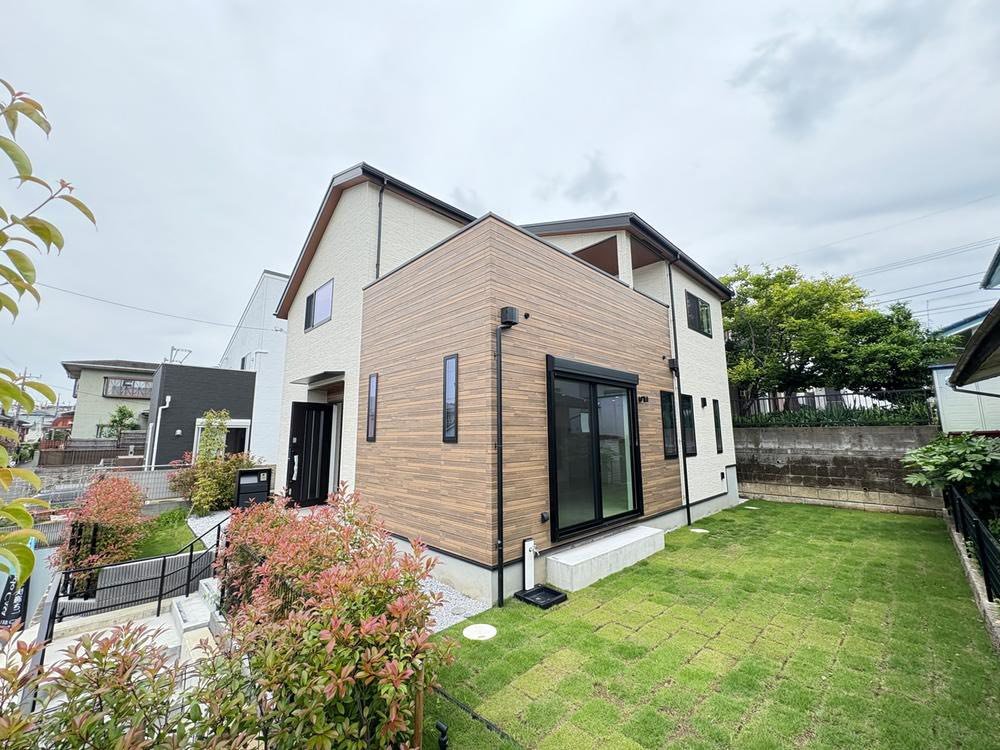

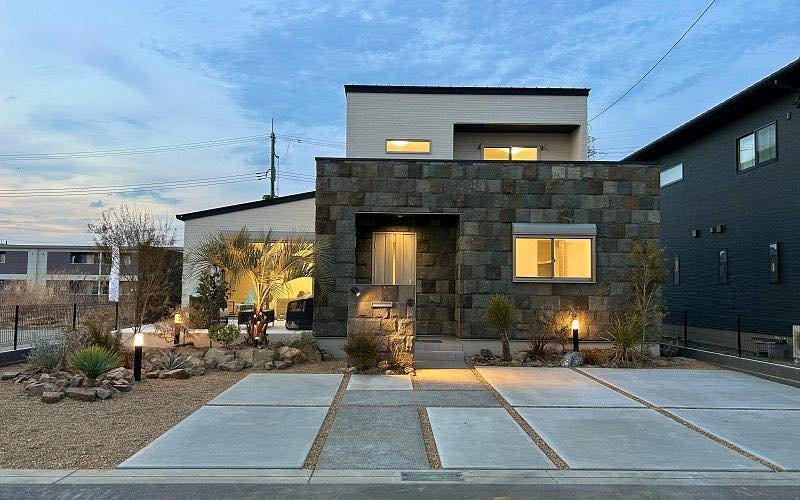
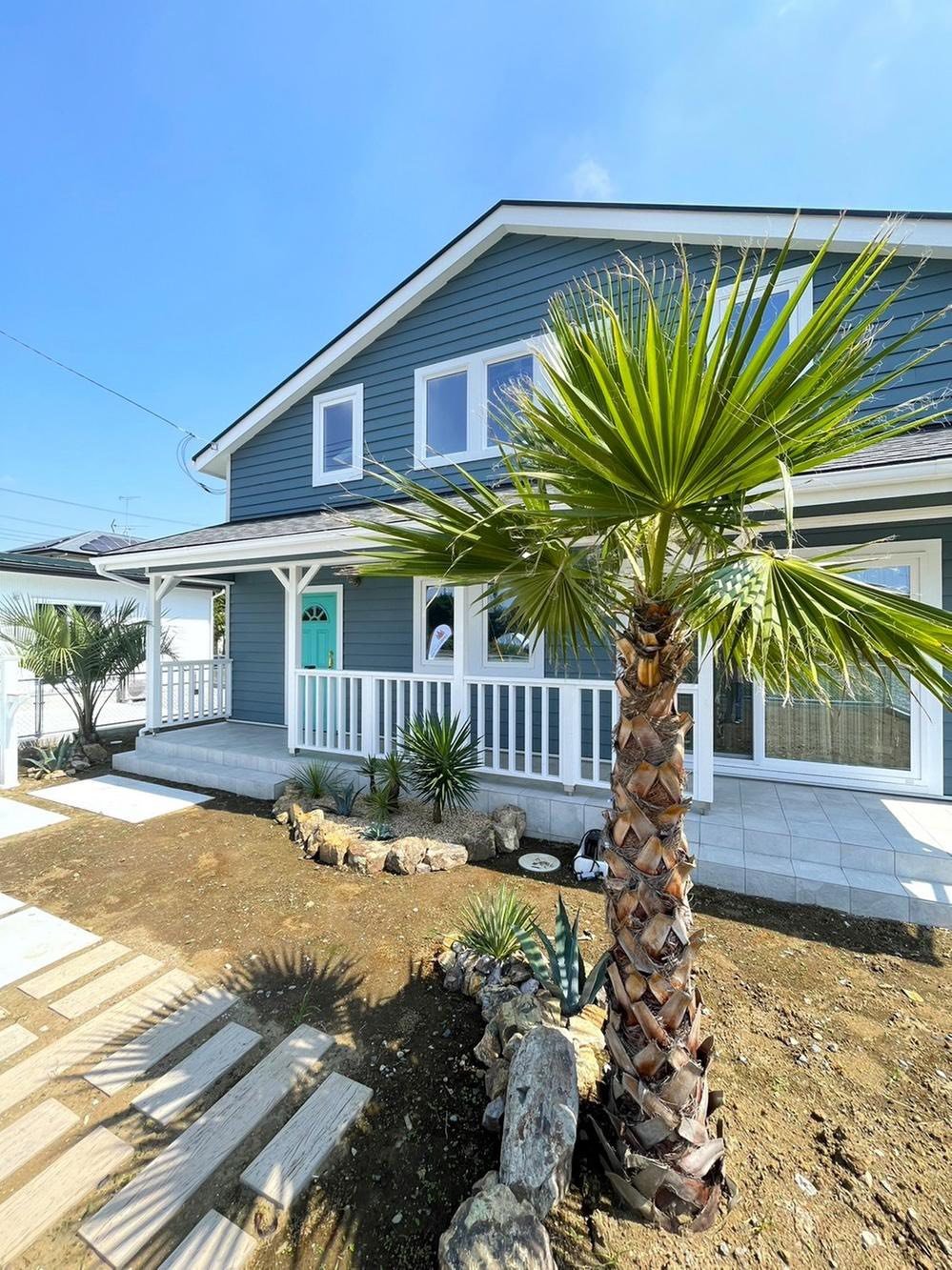

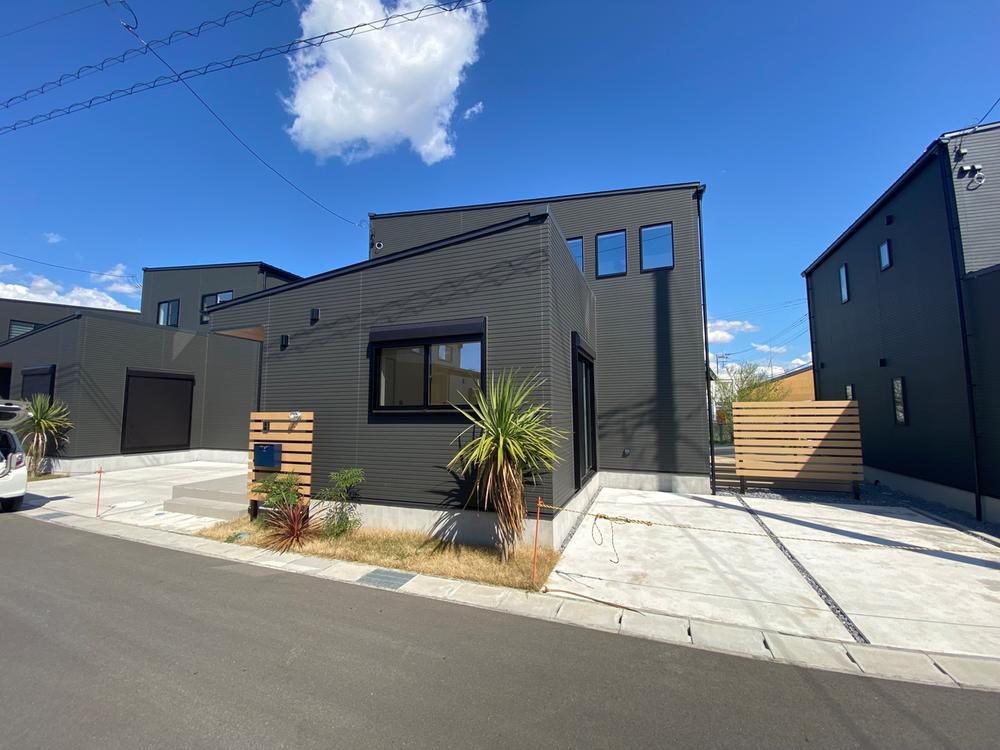
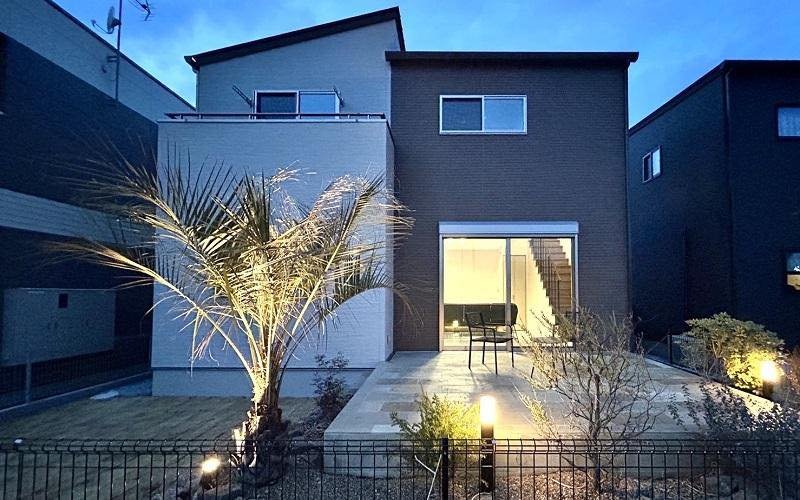


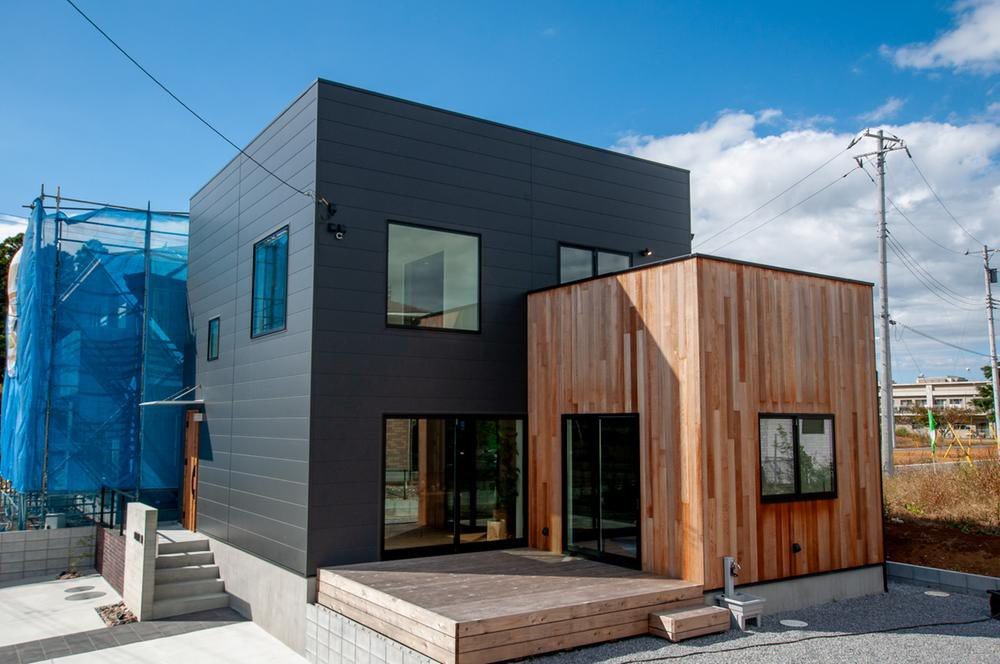
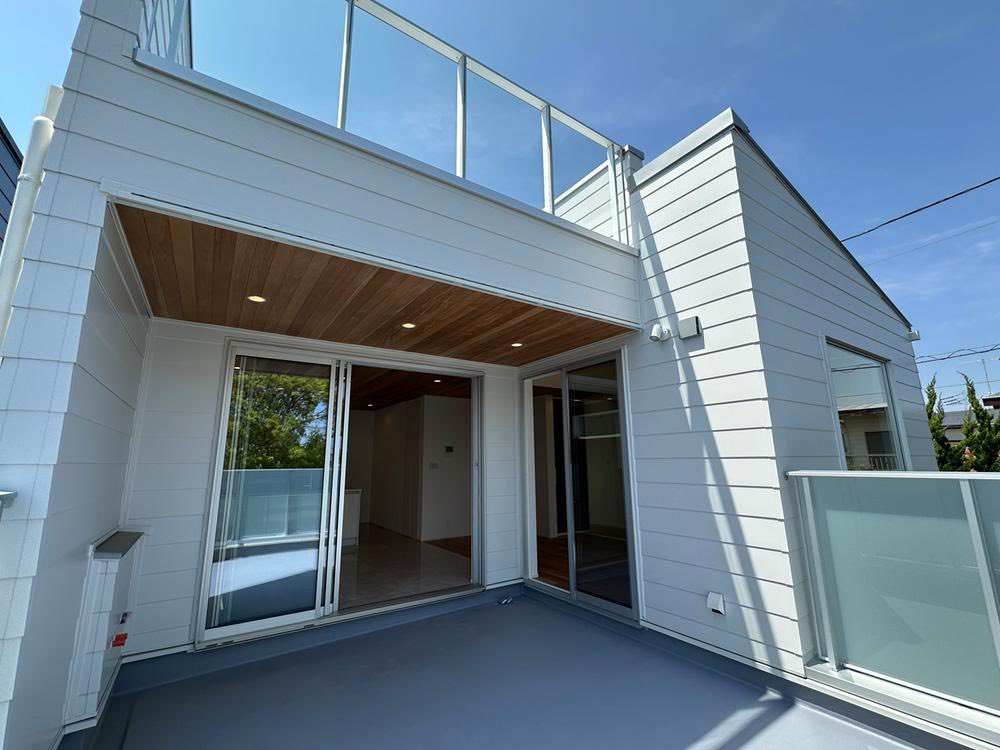


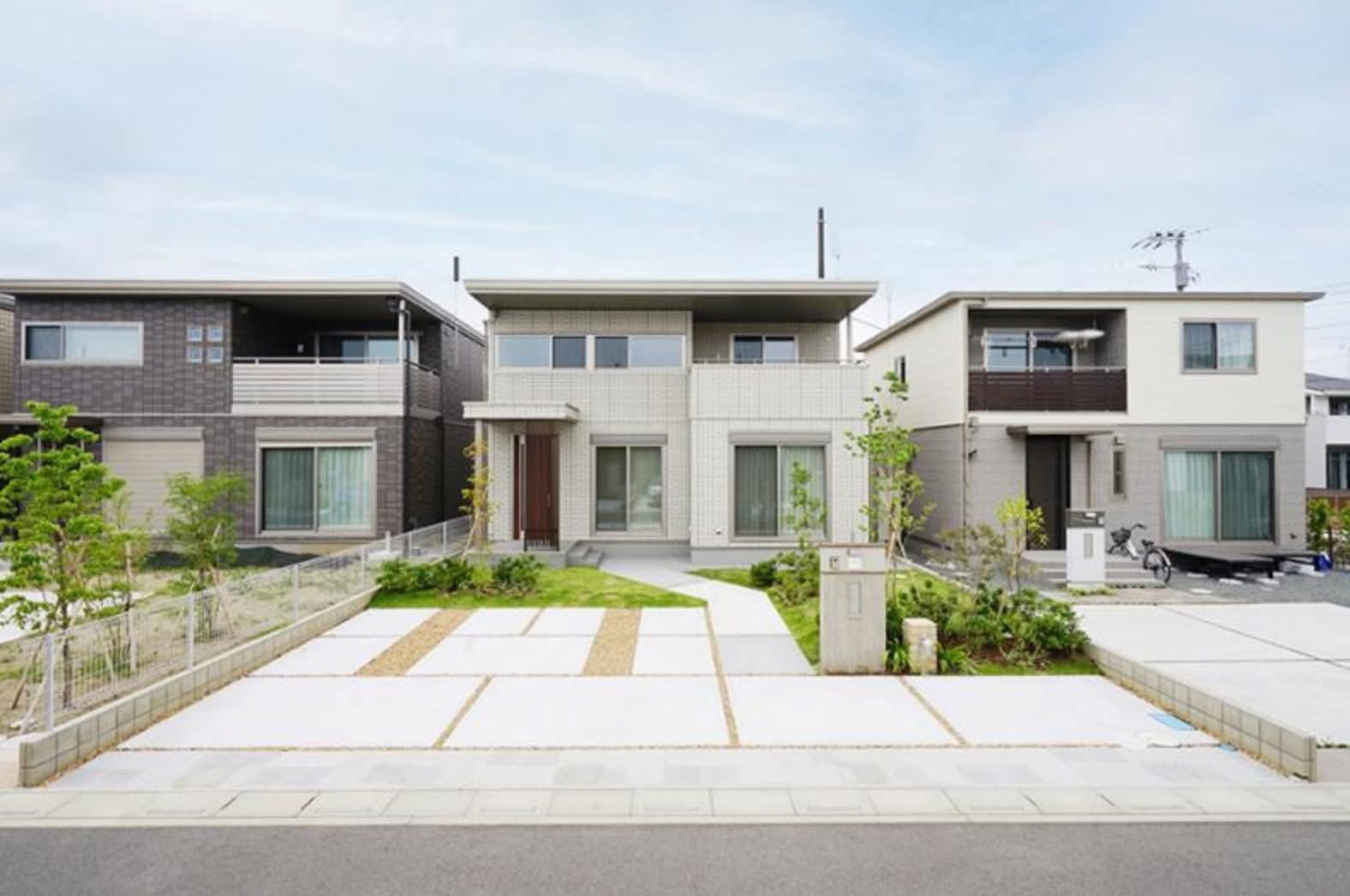
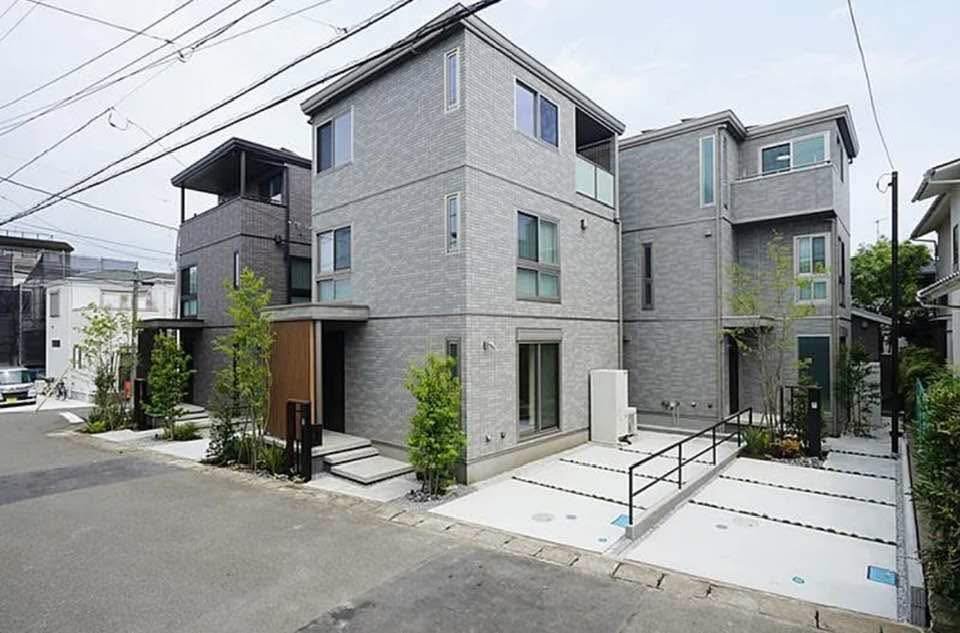
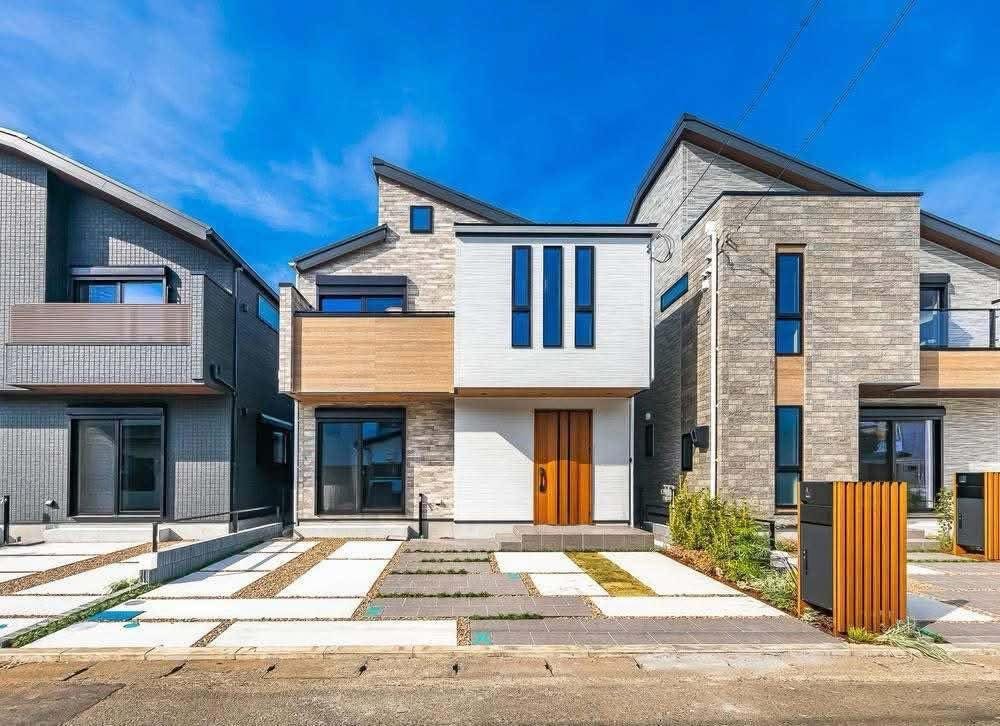
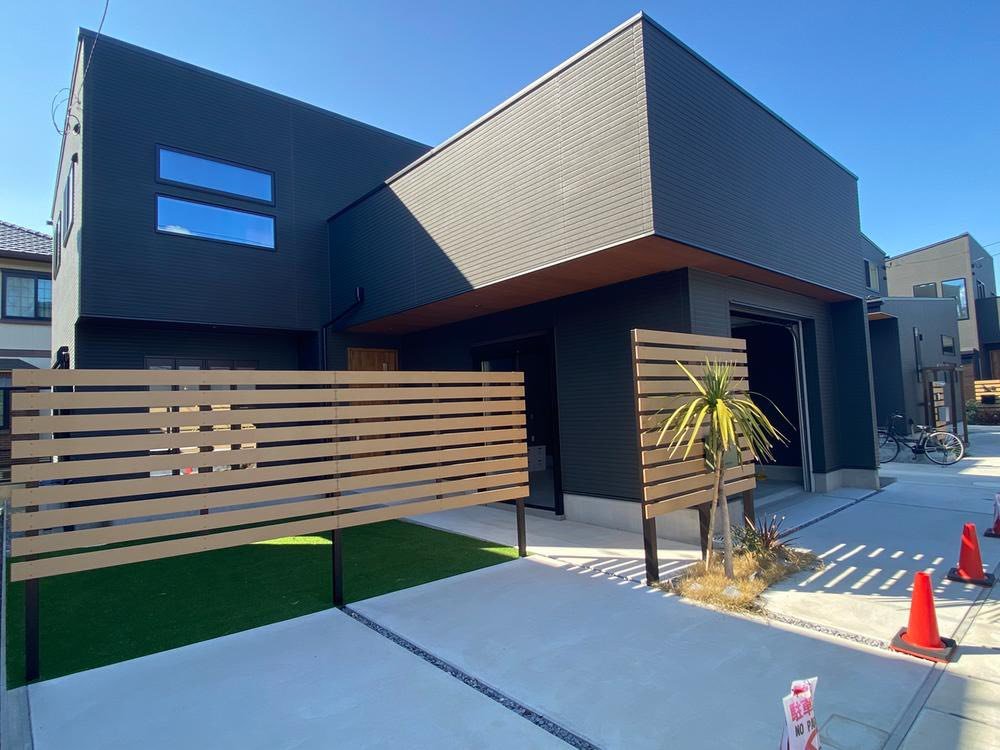

own your home Your own way
Yes ! Foreigners Can Get a Home Loan in Japan. If you’re a foreigner living in Japan, you can apply for a home loan and many do! Whether you’re planning to stay long-term, relocate, raise a family, or invest in your future, owning a home in Japan is possible and we’re here to help you through every step.
Your dream home in Japan is not just possible , it’s within reach. Let’s build it together.
-
We assist with:
Understanding loan requirements
Connecting with foreigner-friendly banks
Preparing necessary documents (visa, income proof, residence status)
Translating and explaining the process in clear terms
-
Japanese Citizens, Permanent residence or long-term visa, Humanities visa, etc.
Stable income in Japan
Down payment (typically 10–20%). All though we could negotiate to come up with no downpayment depending of the client’s credit records and annual income.
But don’t worry — we’ll help you assess your eligibility and match you with the right lender.
-
Brand-New Single Detached Houses
Move-in-ready homes built with the latest safety and energy-saving features.
Second-Hand Single Detached Houses
Affordable and full of potential — great for customization or budget-conscious buyers.
Mansions (Condo Apartments)
Well-maintained buildings with strong resale value and modern facilities. Ideal for city living.
HOME LOAN PROCEDURES
-
Work with a real estate consulting like us; Sumika Realty Consulting
Confirm property eligibility (some loans like Flat 35 have condition requirements).
Decide whether it's a new build, used property, or land + construction.
-
Discuss:
Your income, visa/residency status, employment
Desired loan amount, term, and rate type (fixed/variable)
Get a loan simulation (estimated monthly payment, total repayment).
-
Submit basic documents (income proof, ID, property info).
The bank checks:
Time: 2–7 days
✅ If approved → proceed to property contract
❌ If rejected → try other banks or adjust termsIf the loan is pre-approved, the client can proceed to property viewings. Once a specific property is selected, we will contact the seller (maker) to initiate the contract agreement process.
-
(売買契約 / Baibai Keiyaku)
Sign a purchase agreement with the seller.
Pay a deposit (typically 5–10%) at the time of signing the purchase agreement. This deposit is usually refundable if the loan is not approved, provided a loan contingency clause is included in the contract.
Add a loan contingency clause (to cancel if loan is denied). Ps; Always ensure that the loan contingency clause (ローン特約 / rōn tokuyaku) is part of the contract. Without it, the deposit may not be refundable if the loan is denied.
-
Submit full documents including:
Final property details
Purchase agreement
Tax returns / salary slips
Residence card, passport
Proof of savings or other assets
The bank performs a full review, including legal checks.
Time: 1–3 weeks
-
Sign the official loan contract at the bank.
Choose the disbursement date.
Finalize details like:
1.Fire insurance
2.Mortgage registration
3. Bank account for repayment
4. Property Final Inspection
-
Bank transfers the loan to the seller on the agreed date.
Property title is transferred to your name.
You receive the keys.
-
Repayments begin the following month (or as agreed).
Payment is usually auto-deducted from your bank account.
-
Register property tax
Set up home insurance (mandatory)
Notify local city hall for residency update
Danshin Insurance is also mandatory
Note: All conditions and processes outlined above are tentative and may vary depending on each client’s individual circumstances.Additionally, procedures may be subject to change based on the policies of each bank and other situational factors.understanding home loan purchase
In this video, we cover the essentials of getting a home loan in Japan from what documents you need, how the process works, what your loan can cover, and what to do after approval. Whether you're a first-time buyer or planning to invest, this guide will help you move forward with clarity.
costumized built house
Looking for something more personal than a ready-made home? With a custom built house, you can build a home in Japan that’s tailored to your lifestyle, family needs, and long-term goals.
Yes , even as a foreigner, you can buy land and build your own house in Japan. And we’re here to help every step of the way. We’ll make the process smooth, transparent, and foreigner-friendly.
-
It’s a custom-built home, created from the ground up based on your preferences. You choose the layout, size, style, and features — with full professional support throughout the design and construction process.
-
Land search and purchase assistance
Introduction to trusted architects and builders
Budget planning and construction quotes
Design approvals and legal paperwork
Construction supervision and move-in support
-
100% tailored to your needs
Choose your ideal location
Energy-efficient, earthquake-resistant modern builds
Long-term value and peace of mind
Ready for occupancy homes
Looking for a brand-new home that’s ready when you are?
Welcome to the world of Modern Built-for-Sale Homes, known in Japan as Tatteuri Jūtaku, thoughtfully designed, professionally constructed houses that are move-in ready the moment you purchase.
Unlike custom-built homes that require long design and construction timelines, tatteuri homes are pre-built by trusted developers and available for immediate occupancy
-
Modern layouts tailored to today’s lifestyle
High construction standards that meet all Japanese safety regulations
Transparent pricing with no hidden costs
Convenient locations in well-planned residential areas with access to schools, transport, and shopping
The ability to see exactly what you’re buying before committing
-
Types of Mortgages
Fixed-rate loans: Interest rate stays the same throughout the loan term, giving payment stability.
Variable-rate loans: Interest rate can fluctuate with the market, often starting lower but with some risk.
Hybrid loans: Combination where the rate is fixed for an initial period, then variable afterward.
Loan Term
Commonly ranges from 15 to 35 years, depending on borrower’s age and lender’s policy.
Down Payment
Typically 10% to 20% of the property price, though some banks may accept less with stricter requirements.
Eligibility Criteria
Proof of stable income (usually employment with a Japanese company or self-employed with good documentation).
Japanese residency or sometimes permanent residency/visa status required.
Credit history and financial background check by the lender.
Application Process
Pre-approval can be obtained before house selection, giving you a clear budget.
Final loan approval follows contract signing and submission of property documents.
Fees and Costs
Loan application fees: Typically 1%–3% of loan amount or fixed fee.
Guarantee fees: Many Japanese banks require a guarantor company, charging a guarantee fee (often 1–3% of loan).
Insurance: Fire insurance and sometimes earthquake insurance required.
Other costs: Stamp duty, registration fees, and miscellaneous administrative fees.
Repayment
Monthly payments usually combine principal and interest.
Early repayment options exist but sometimes include penalties.
Special Programs
Some government subsidies or reduced tax programs exist for new homeowners, energy-efficient homes, or first-time buyers.
-
1.Personal Documents
Valid passport and/or Japanese residence card
Personal identification (driver’s license, My Number card, etc.)
Proof of Japanese address (e.g., utility bill or resident card)
2.Income and Employment
Recent payslips (last 3 to 6 months)
Certificate of employment or employment contract
Latest income tax certificate or tax return documents if self-employed
Bank statements (last 3 to 6 months)
3.Property Documents
Sales contract or reservation agreement for the tatteuri home
Property registration certificate or building completion certificate.
Floor plans and building specifications.
4.Financial Documents
Bank statements (to show savings or down payment funds)
Details of other debts or loans (if any)
Proof of payment for reservation deposit or down payment.
5.Application Forms and Related
Completed mortgage application form (provided by lender)
Consent forms for credit checks and background verification
Guarantor information and consent (if required)
Insurance
Fire insurance application
Earthquake insurance (optional but recommended)




